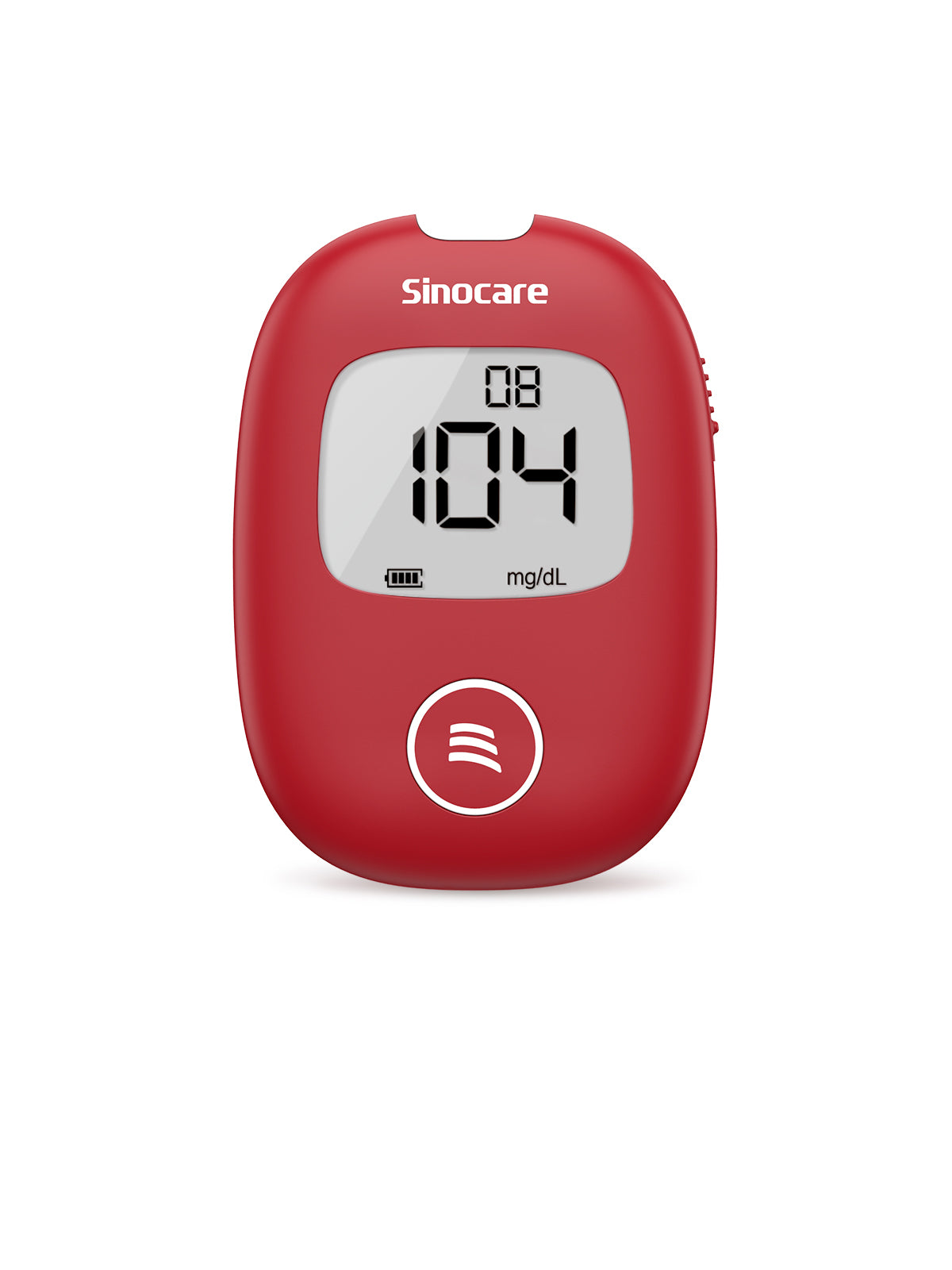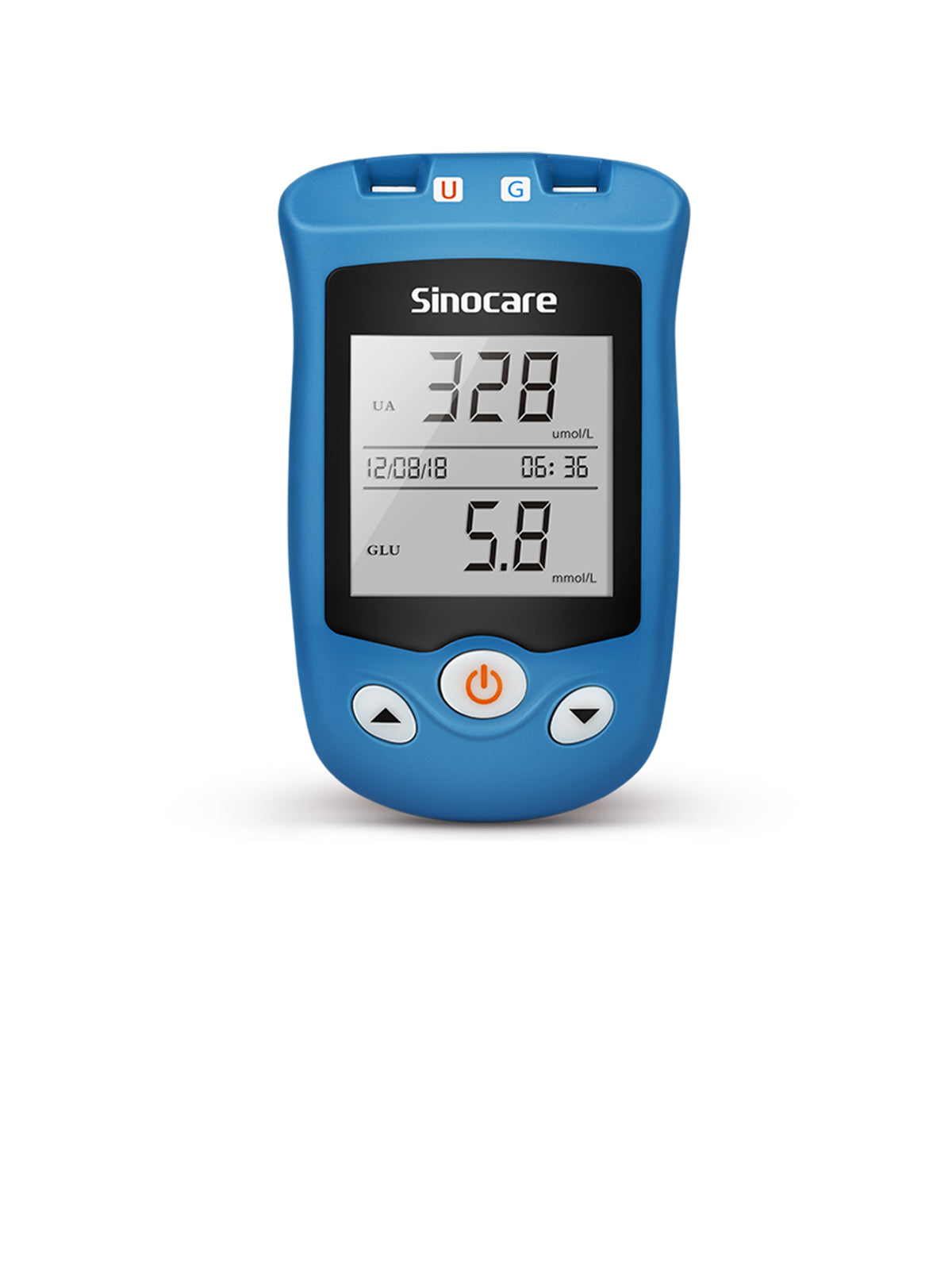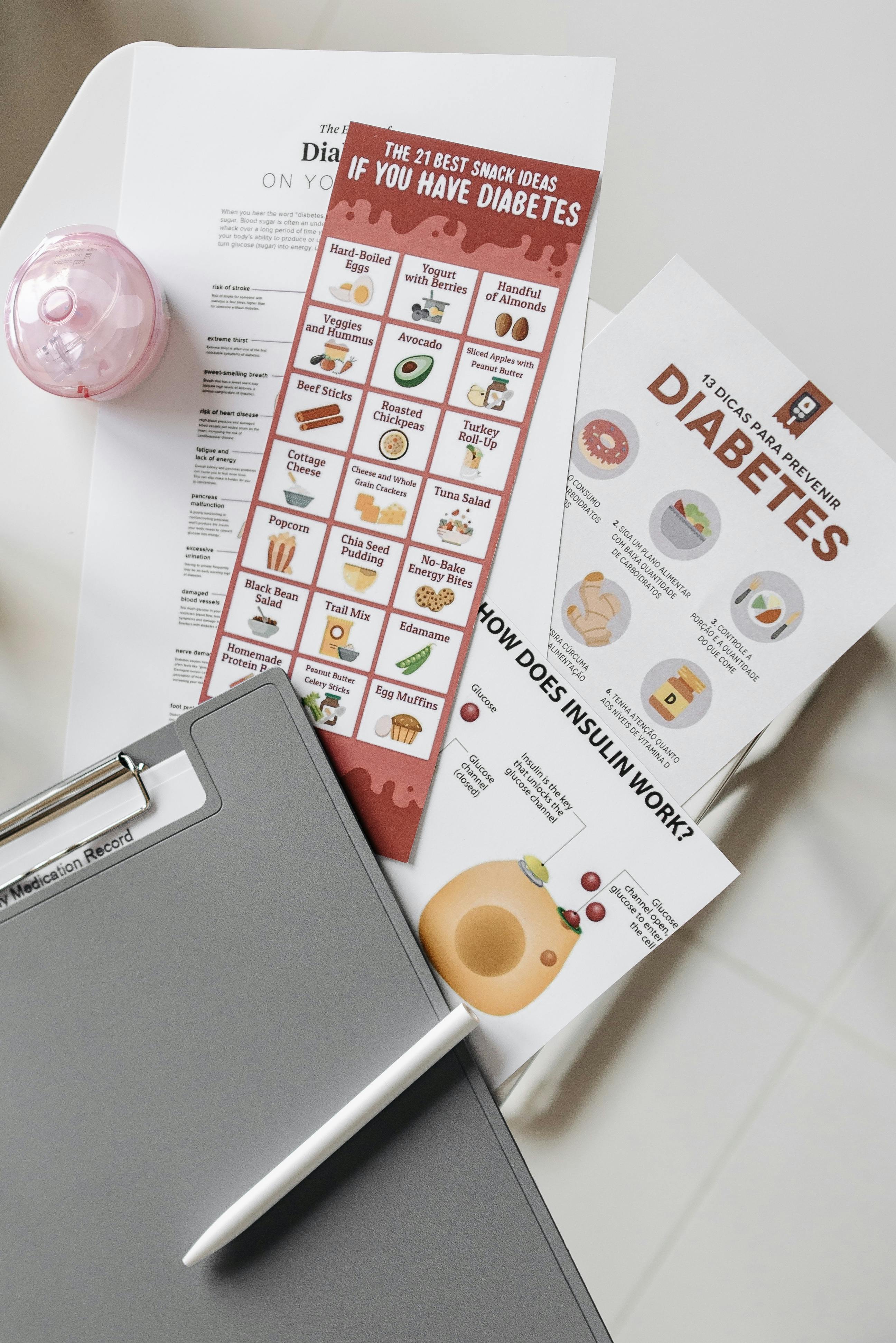Milk is a beverage that is mainly produced by cows. After milking, the milk is pasteurized to eliminate any harmful bacteria and then packaged for consumption. This process preserves the milk's nutritional properties, making it a popular choice for its calcium, protein, and other essential vitamin content. Milk is used in many culinary preparations and as a daily drink, appreciated for its delicate flavor and its beneficial properties for health.
Nutrition Value of Milk
A 100-gram serving of whole milk contains an average of about 61 calories, 3.2 grams of protein, 3.3 grams of fat, 4.8 grams of carbohydrates, and 0 grams of fiber. In addition, milk is a rich source of micronutrients such as calcium (120 mg), potassium (150 mg), phosphorus (95 mg), magnesium (10 mg), vitamin A, vitamin D, vitamin B12, and riboflavin. Milk is known for its high-quality protein content, which includes casein and whey protein, both of which are essential for muscle growth and maintenance. Although milk provides a significant supply of vitamins and minerals, it is important to consume it in moderation, especially for those with intolerances or allergies to dairy products.[1]
Calories and GI in Milk
A 100-gram serving of whole milk contains about 61 calories on average. Milk has a glycemic index of 31, classifying it as a low glycemic index food. This means that milk can also be consumed by people with diabetes, as long as it is done in moderation and without added sugar. However, it's important to note that milk can affect blood glucose levels and insulin sensitivity, so people with certain health conditions should consult a doctor before making any significant changes to their milk consumption.
Benefits & Risks of Eating Milk with Diabetes
Milk, especially low-fat milk, can be a good source of essential nutrients such as calcium, vitamin D, and protein, which are beneficial for bone health and maintaining a healthy weight. However, milk also contains carbohydrates in the form of lactose, which can affect blood glucose levels. It's important to note that whole milk contains saturated fat, which can increase the risk of cardiovascular disease, so people with diabetes should prefer low-fat options. Moderate consumption of milk can be included in the diet of a person with diabetes, but it is essential to monitor the individual response to blood sugar levels. In addition, milk can be combined with other low-glycemic foods to balance the effect on glucose. As always, it is advisable to consult with a doctor before making any significant changes to your diet.[2][3]
How Much Milk Can I Eat with Diabetes?
Milk can also be consumed by those with diabetes, but it is important to pay attention to the amount and type of milk chosen. Health experts recommend limiting milk intake to one 240 ml cup per day. It is preferable to opt for low-fat or fat-free milk to reduce the intake of saturated fats. Milk contains carbohydrates in the form of lactose, which can affect blood glucose levels, so it is essential to monitor individual response. Additionally, combining milk with other low-glycemic foods can help balance the effect on blood glucose.[4]
How to eat Milk with diabetes?
Milk can be an option for people with diabetes, as long as it is consumed within the recommended daily allowances and without added sugar. The safest way to enjoy milk is to choose low-fat or fat-free variants to reduce your saturated fat intake. For example, for people with diabetes, it may be appropriate to choose Low Fat Milk (prefer skimmed or semi-skimmed milk to reduce calorie and fat intake), Plant-Based Milk (opt for almond, soy or oat milk with no added sugar, which can be low glycemic index alternatives), Smoothies (combine milk with low glycemic index fruits such as berries or leafy greens to create nutritious smoothies) and Desserts (use milk as an ingredient in sugar-free desserts, such as puddings or homemade ice cream, to add creaminess without impacting blood sugar). It is important to note that milk contains carbohydrates in the form of lactose, which can affect blood glucose levels, therefore, people with diabetes should carefully monitor their response to milk consumption and consult a doctor or dietitian before making any significant changes to their diet.
Final Thoughts
Milk, while not an essential food, can be an important source of nutrients in the daily diet of a person with diabetes. It is essential, however, to consume milk in moderation, preferring low-fat variants to reduce saturated fat intake. Milk offers benefits due to its bioactive compounds such as calcium, high-quality protein, and essential vitamins. However, it is important to monitor your individual response to your blood glucose levels and to consult with a doctor or dietitian before making any significant changes to your diet. In conclusion, milk can be a valuable ally in the diet of those living with diabetes, as long as it is consumed wisely and without ever exceeding.
References
[1]Arnarson, A. (2023, June 13). Milk 101: Nutrition Facts and Health Effects. Healthline. https://www.healthline.com/nutrition/milk
[2]Nall, R. (2018, August 28). What is the best milk for people with diabetes? Medicalnewstoday. https://www.medicalnewstoday.com/articles/311107
[3]Contributors, W. E. (2024, February 13). What to Know About Diabetes and Milk. Webmd. https://www.webmd.com/diabetes/what-to-know-about-diabetes-and-milk
[4]Almekinder , E. (2022, October 26). Can I Drink Milk If I Have Diabetes. Thediabetescouncil. https://www.thediabetescouncil.com/can-i-drink-milk-if-i-have-diabetes/










Leave a comment
All comments are moderated before being published.
This site is protected by hCaptcha and the hCaptcha Privacy Policy and Terms of Service apply.